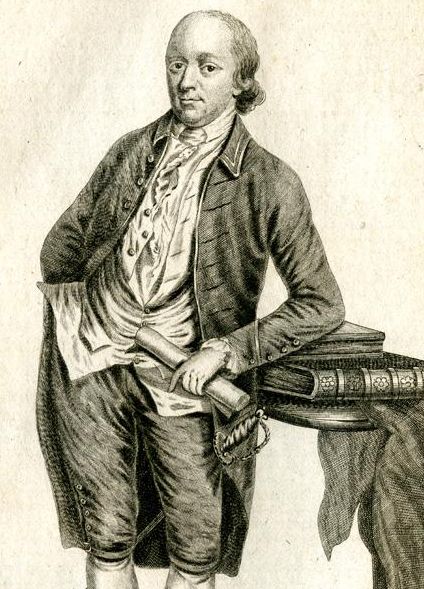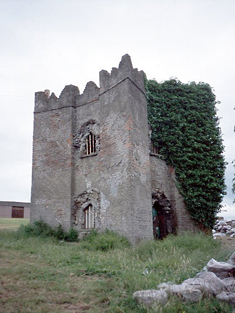Authors:
Historic Era: Era 3: Revolution and the New Nation (1754-1820s)
Historic Theme:
Subject:
Spring 2018 | Volume 63, Issue 1


Authors:
Historic Era: Era 3: Revolution and the New Nation (1754-1820s)
Historic Theme:
Subject:
Spring 2018 | Volume 63, Issue 1

At the end of January 2018, I embarked on a ten-day visit to Ireland on behalf of the White House Historical Association, of which I am chief historian. We are developing programs to celebrate Irish architect James Hoban (1755-1831), who designed the White House under George Washington’s oversight in the 1790s and later played a vital role in the building’s reconstruction after the British burned it in 1814. Hoban’s professional roots lay in Palladian styles specific to late eighteenth-century Ireland, most notably in Kildare House—now Leinster House in Dublin, home to the Irish parliament.
One of the most intriguing sites possibly related to Hoban, however, is Belcamp Hall, an 18th-century estate on the northern outskirts of Dublin. It is haunted by the ghost of none other than George Washington, whose papers I edited for twenty years and about whom I have written several books.
The man who built Belcamp Hall, Edward Newenham (1732-1814), was an Irish M.P. and fervent admirer of Washington, whom he dubbed “the Greatest ornament of this century.” For his part, Washington said that “To stand well in the estimation of good men, & honest patriots, whether of this or that clime, or of this or that political way of thinking, has ever been a favorite wish of mine; & to have obtained, by such pursuits as duty to my Country; & the rights of mankind rendered indispensably necessary, the plaudit of Sir Edwd Newenham, will not be among my smallest felicities.”

The two corresponded frequently (as did Newenham and Benjamin Franklin) from the time of the Revolutionary War to the mid-1790s—many of their letters have been lost and wait to be rediscovered. Although the two long-distance friends never met in person, Newenham’s son-in-law John Wallace spent a few nights at Mount Vernon in the spring of 1786.
Newenham purchased the Belcamp Estate in about 1763, but although some sources date the Hall that